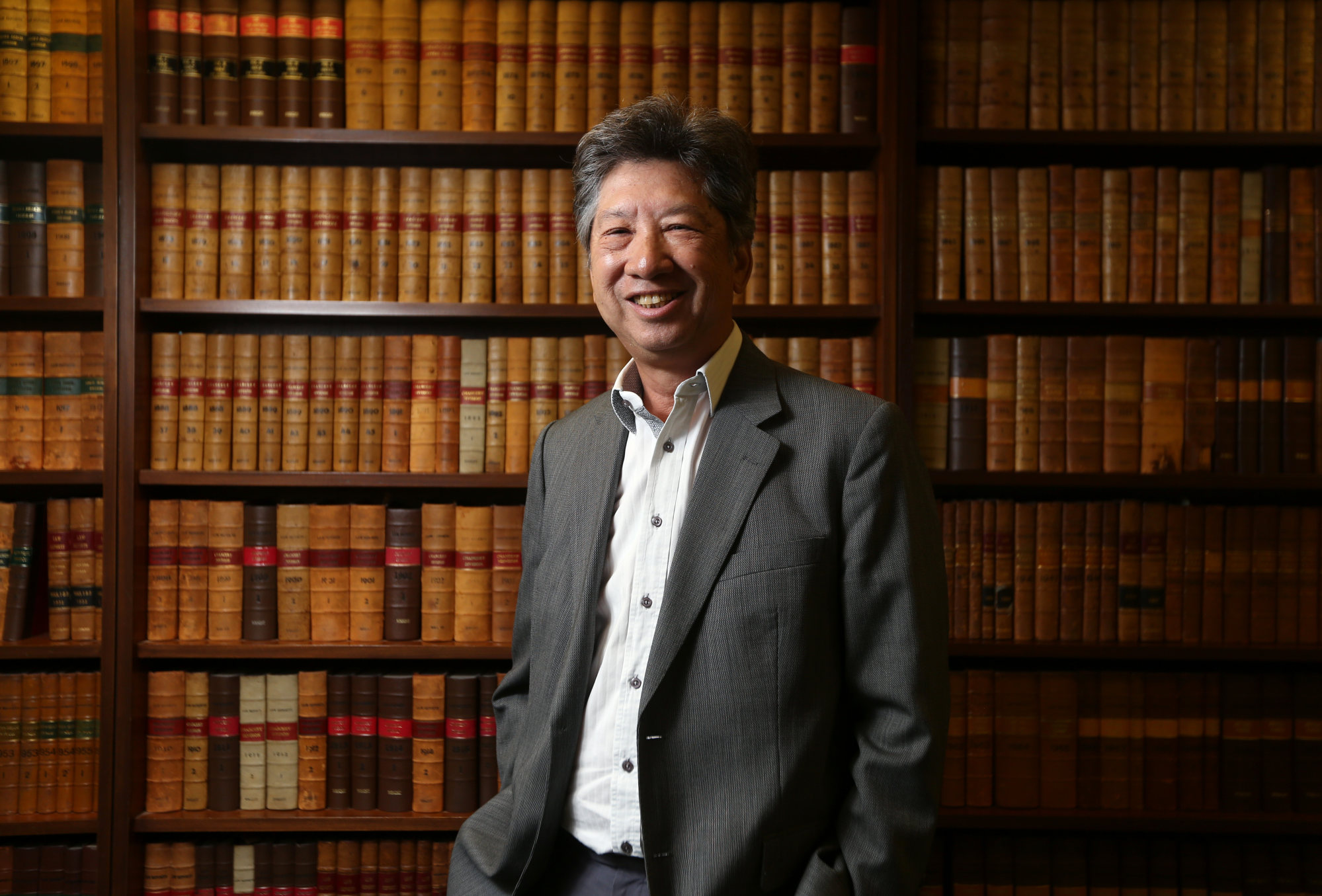
Ban on ‘Glory to Hong Kong’ protest song finally bearing fruit for government, observers say, as YouTube and others ‘draw the line’
- Lawmakers and other commentators praise ‘smart’ move by protest song’s distributor to pull song from major platforms in wake of May 8 injunction
- But they warn efforts to ‘wholly’ ban song online will be impossible, especially as creators seek new distribution channels and partners
But commentators also said the “Glory to Hong Kong” protest tune was likely to remain available online even though its Scotland-based distributor decided to pull it from global music platforms, especially as the song’s creators were looking for alternative partners.
As of Saturday, the track was no longer available on Apple Music, Spotify and KKBox, with the move apparently not limited to Hong Kong.
Dgxmusic, the production team behind the song, said on Friday that Glasgow-based distributor Emubands had removed the song from major platforms
The distribution company confirmed its decision was “because of the court order”, according to a response sent by managing director Ally Gray to Agence France-Presse.
Barrister Ronny Tong Ka-wah, also a member of the government’s key decision-making Executive Council, hailed the move.
“This is what the government is hoping for in the sense they are appealing to the social responsibilities of these providers and the result shows the latter do care about their responsibilities,” he said.
The firm removed the tune more than two weeks after the court granted the order to ban the song’s circulation. Lawmaker and former security secretary Lai Tung-kwok said it would take time for overseas companies, who were not direct parties to the injunction proceedings in the city, to process the news and take action.
“They need time to understand what the news was about, then they will have to read the court order in full before going through internal corporate procedures, such as seeking advice from legal counsel. It is extremely normal to have such a delay,” he said.
Lawmaker Doreen Kong Yuk-foon, who has also worked as a corporate legal adviser, said she believed Emubands made a “smart” decision after balanced and prudent consideration to avoid having the matter “drag on”.
“If the song continues to be widely circulated, there may be consequences beyond its control,” she said. “It wouldn’t want to see the song become [part of] an illegal act when combined with certain behaviours in another place.”
The Court of Appeal ruled in favour of the Hong Kong government on May 8 and granted an interim injunction that authorities sought over the song last year, ruling the tune had become a “weapon” that could be used to arouse anti-government and separatist sentiment.
The order bans people from “broadcasting, performing, printing, publishing, selling, offering for sale, distributing, disseminating, displaying or reproducing [the song] in any way” with the intention to incite others to separate Hong Kong from the rest of the country, commit a seditious act or insult the national anthem, “March of the Volunteers”.
Kong said while the injunction was not binding on Scotland-based companies, the court order had achieved its intended effect of sending internet service providers around the world a “very strong message from the government that it will do whatever it takes to defend our national anthem”.
The protest song has frequently been mistaken overseas for China’s national anthem.

Simon Young Ngai-man, a law professor at the University of Hong Kong, added companies such as Emubands and video-streaming giant YouTube had seemingly “drawn the line” by acting on the court order but not responding to requests previously put forward by the government.
“The irony is that the order does not add much more than the existing criminal offences [on national security]. Hence it is said that this is an injunction in aid of criminal law, and one cannot deny its potency,” said Young.
YouTube has blocked Hong Kong-based users from accessing Dgxmusic’s versions of “Glory to Hong Kong”, while viewers in other locations see a message that says: “this video may be inappropriate for some users”. The song is also available to YouTube Music users outside Hong Kong.
Dgxmusic is seeking recommendations from Instagram users for another music distribution partner that will “defend freedom of speech and arts”.
“Based on the latest response from Emubands, we believe that the possibility of Emubands putting the songs back on the platforms is extremely low,” Dgxmusic said in an Instagram story posted on Saturday.
Lau Siu-kai, a consultant at the semi-official Chinese Association of Hong Kong and Macau Studies think tank, said the song could not be “wholly” banned online.
But it would be “wise and prudent” for Emubands to abide by the order because some offences under the city’s two national security laws had extraterritorial effect, Lau said.
“The incentive will be stronger if a platform wants to protect or expand its business in Hong Kong and mainland China. The government should be pleased with the result so far,” he said.

